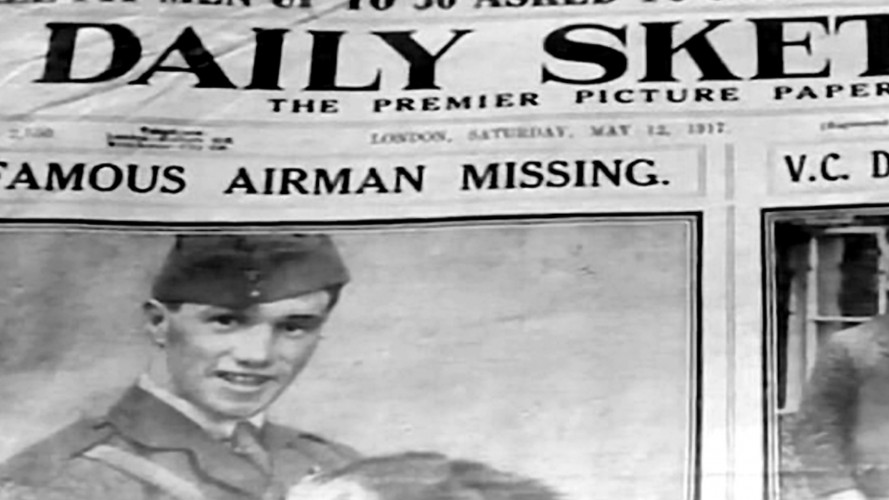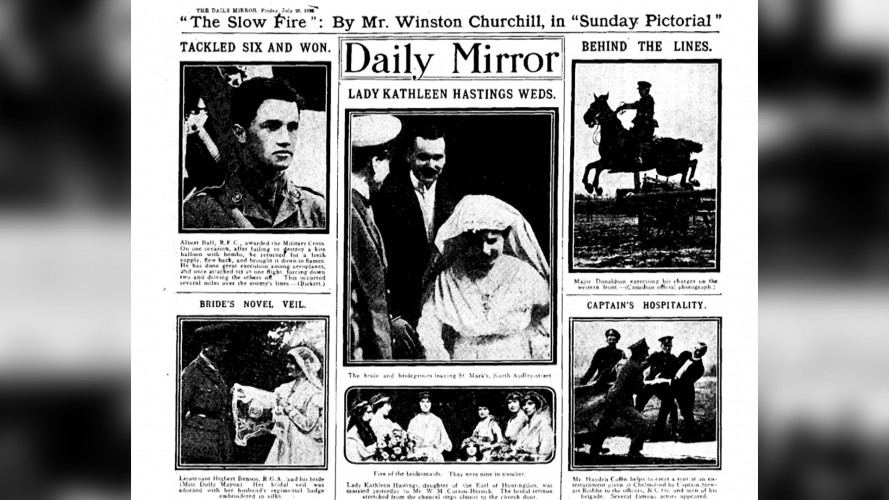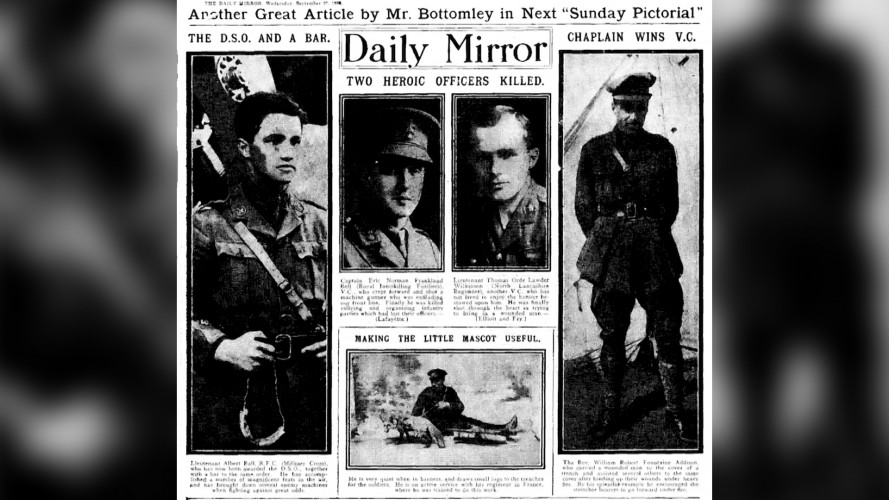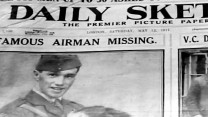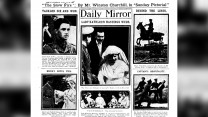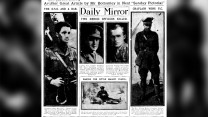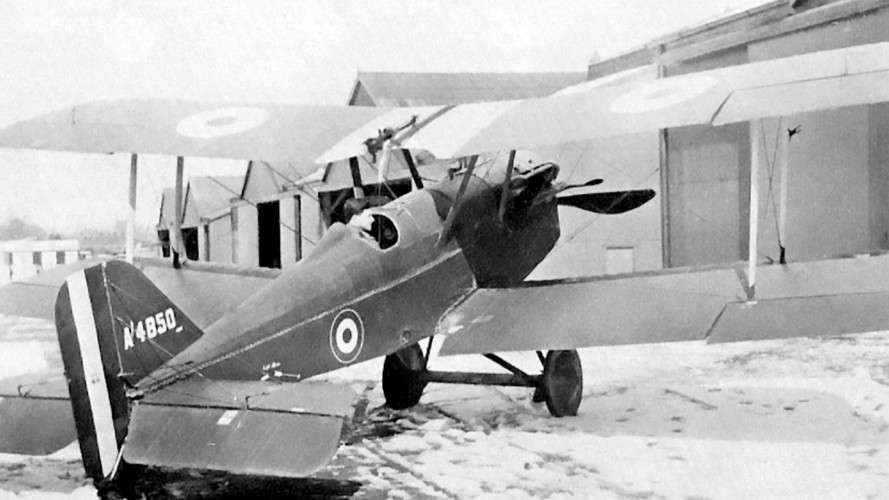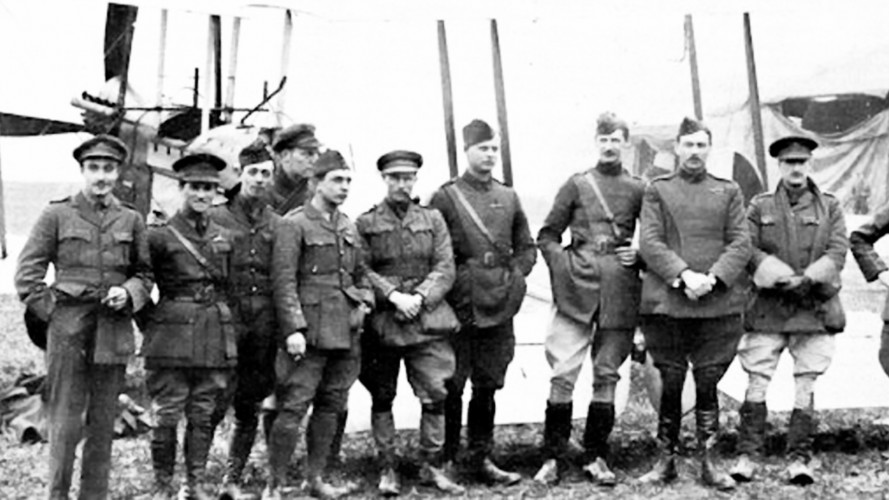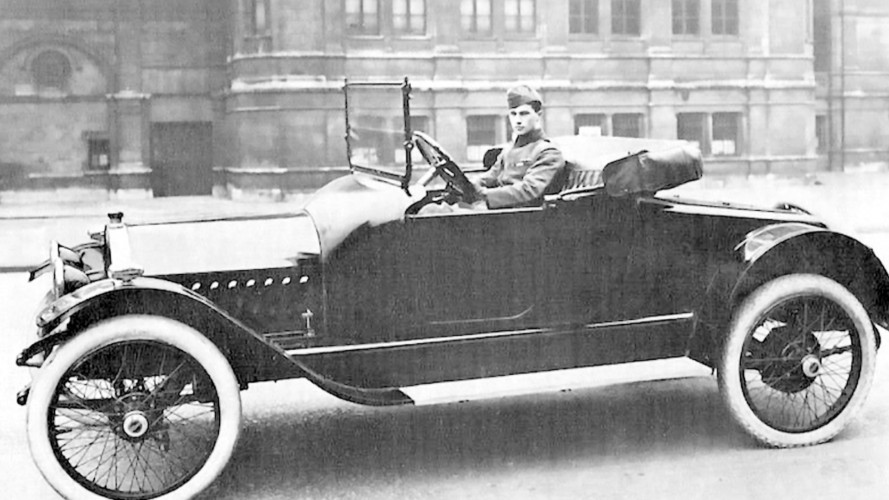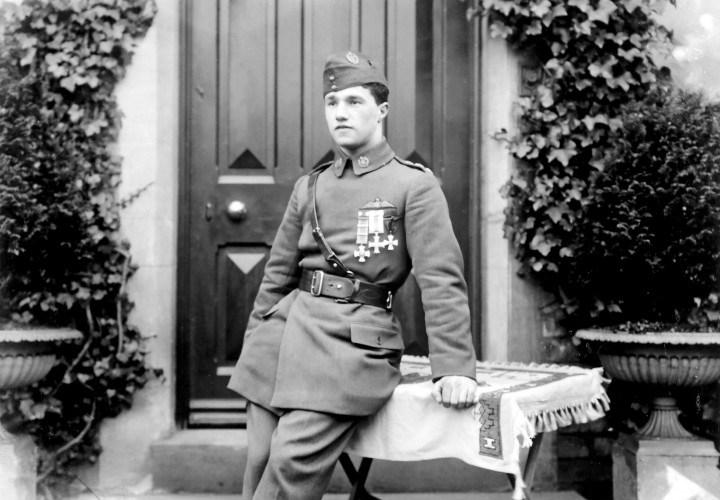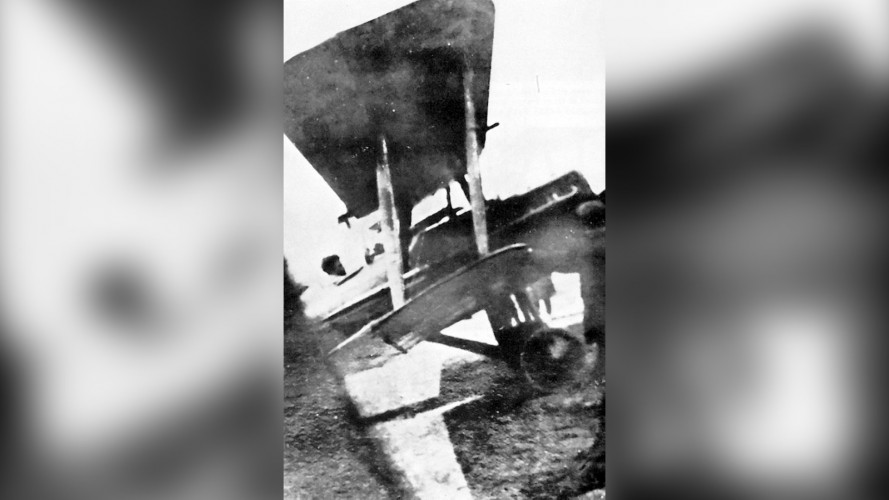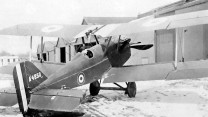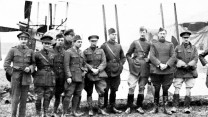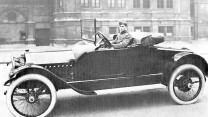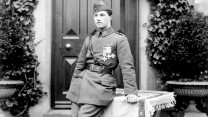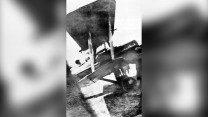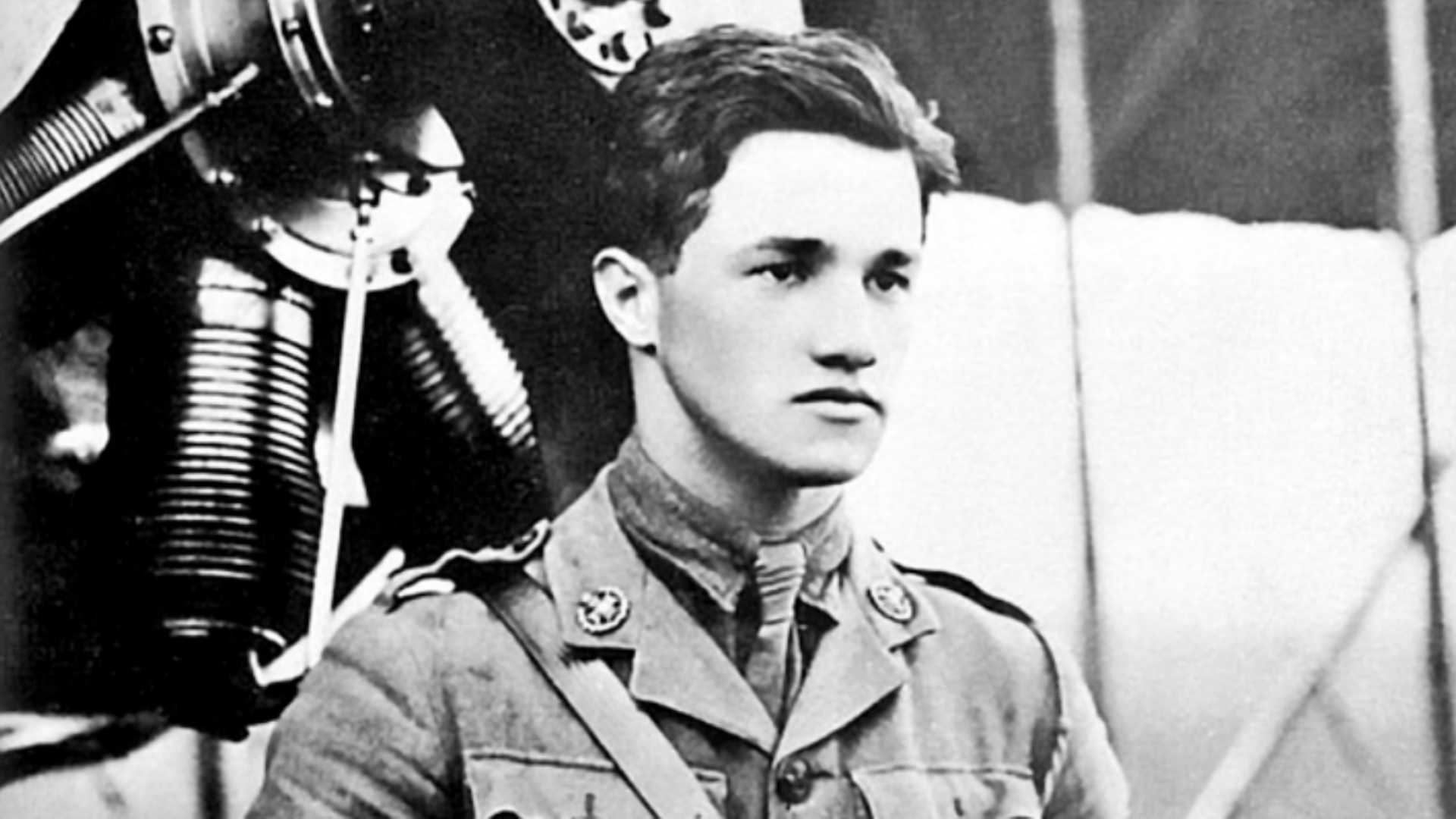
Final Diary Entries Of WWI Hero Released

The poignant final entry from the diary of a First World War flying ace has been released by his relatives on the 100th anniversary of his death.
Captain Albert Ball VC is known as Britain's first celebrity fighter pilot and built up an impressive 44 confirmed enemy kills in just one year.
His relatives have now released extracts from his war diaries after they were discovered in a dusty box.
The final entry, which was written on May 7, 1917, shows how the fighter pilot had tended to his airfield garden before taking to the skies:
"Gardening in morning. Patrol at night. Combat with four Albatros Scouts. Got one of them down."
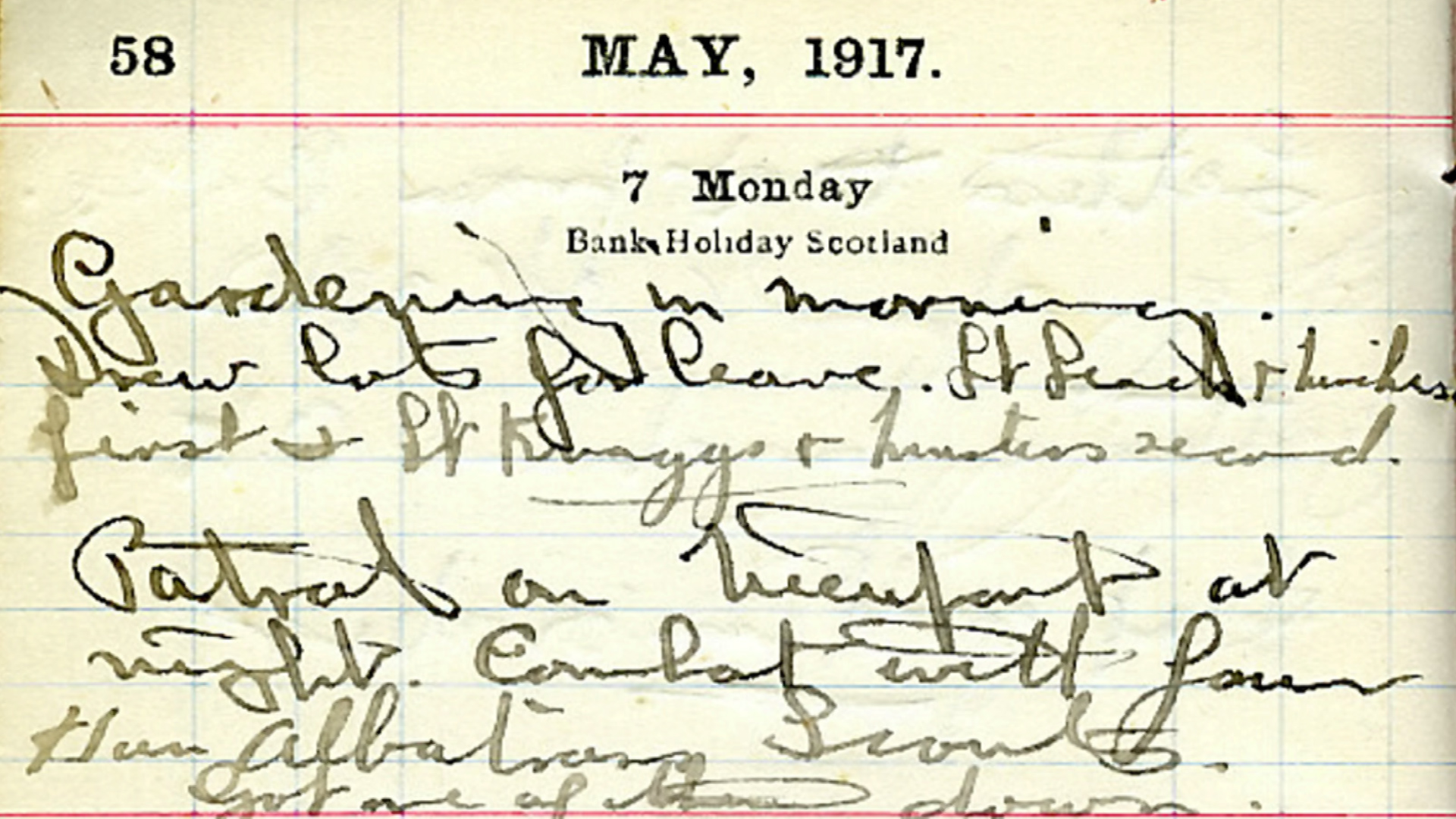
Just hours later, Captain Ball was killed during a ferocious battle over the northern French town of Annoeullin.
After his death, the diaries were returned to his grieving parents Albert and Harriet in the UK.
They were then first passed to his younger brother Cyril and his wife Marie, and again to their daughter Mrs Paddy Armstrong.
The diaries are now in the hands of Captain Ball's great-niece Vanda Day, 58, who lives in Hose, Leicestershire.
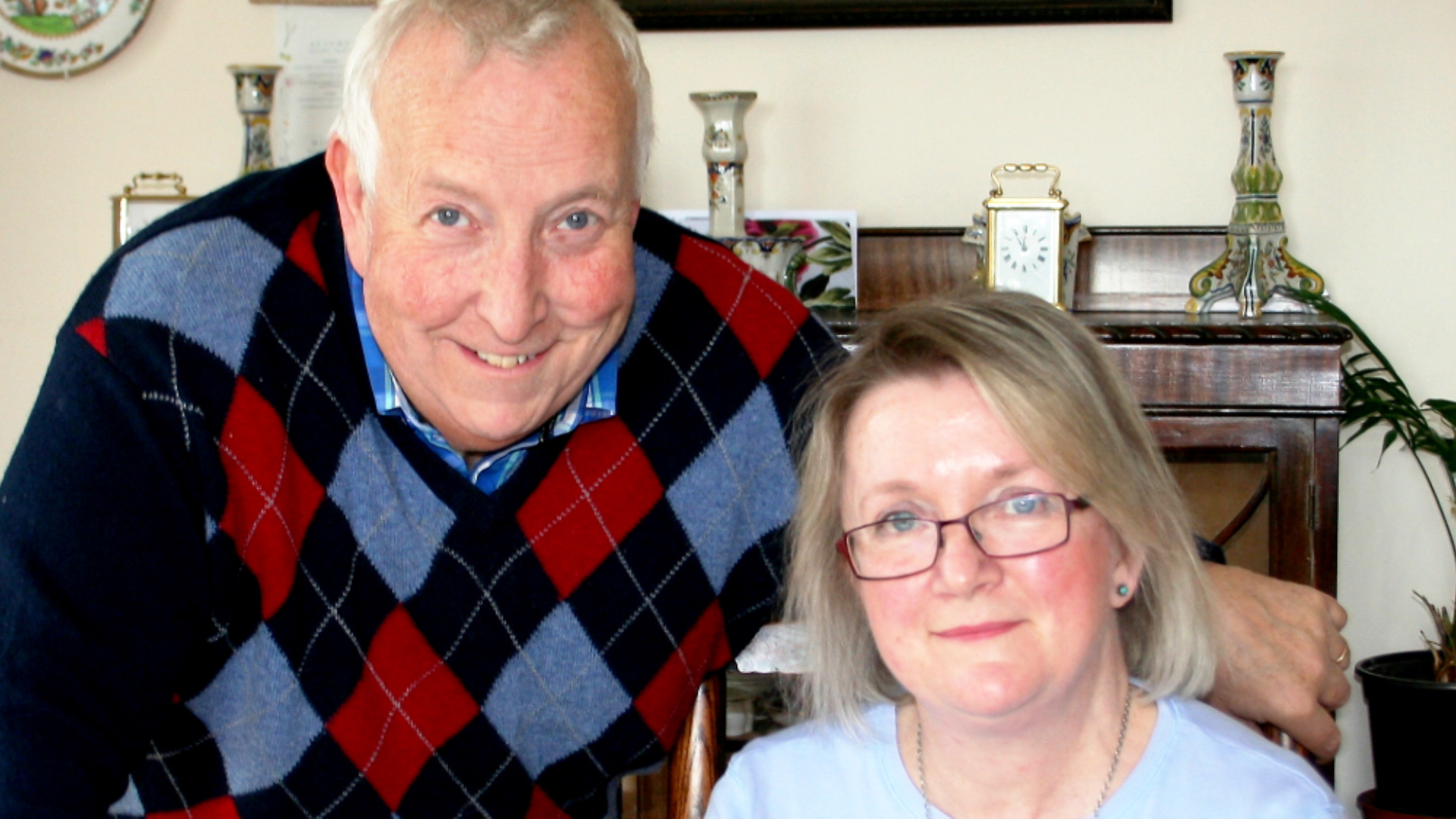
The hero's great-niece said reading the diaries had been a "fascinating, time-consuming experience":
"In one respect I feel a little uncomfortable reading them because they are his private thoughts and feelings, but on the other hand 100 years has passed and it is a good time to get to know more about him."
She added that the war hero's optimism, enthusiasm and love of life shines through in the entries.
Captain Ball was only 20 when he died, crashing after a dogfight as he led 56 Squadron against the Jagdstaffel of Germany's most successful air ace.
He was buried in Annoeullin by the Germans with full military honours. He was also the first man in the war to be awarded three Distinguished Service Orders and a posthumous Victoria Cross.
The Royal Flying Corps hero was described by Manfred von Richthofen, the infamous Red Baron, as "by far the best English flying man".
He was popular with the public because of his 'lone wolf' style of combat, flying by stalking enemies from below.
But his great-niece believes a different picture emerges when you flick through pages of his wartime diaries.
"He wasn't the loner everyone supposes. He was very sociable but he did need time on his own to keep sane."
According to Mrs Day, being a pilot for him was 'just a job' and he 'hated killing': "He had to get in the zone of being able to cope with it which is why he had his garden, his peace time to get his head round things and be able to switch off."
Mrs Day now plans to give the diaries to a museum to keep the memory of her famous relative alive: "We want to make sure they go to the most appropriate museum and be made available for people to do research on."
